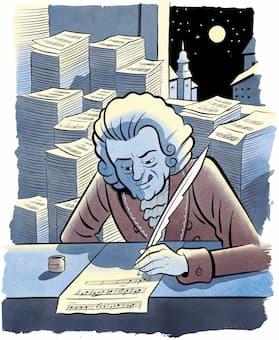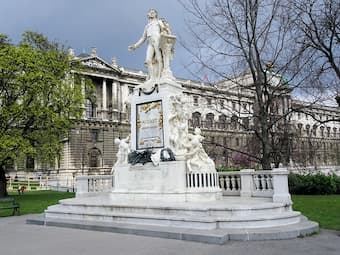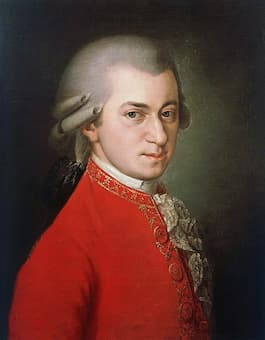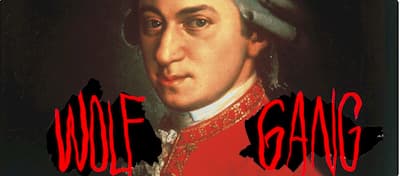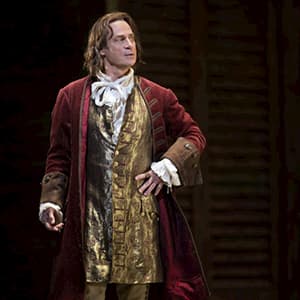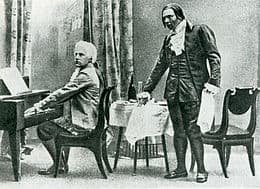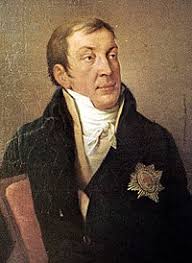Composers use a variety of means to create drama in music, from simple devices such as dynamics (level of sound) or tempo (speed) to repetitions, the use of rests and pauses, and changes of harmony or key (modulation). Mozart’s Fantasy
Mozart
Maria Theresia Paradis (1759-1824) was the daughter of the Imperial Secretary of Commerce and Court Councilor to Empress Maria Theresa. She lost her eyesight at the age of 4, and although she initially responded to treatment, she relapsed into her
Recently, Antonio Salieri (1750-1825) has gotten some seriously bad PR. But we need to be clear about the fact that he did not cause Mozart’s death. Salieri was a serious and steady man, but there is also mention of him
In the historiography of Western music Wolfgang Amadeus Mozart occupies a special position. We consider him an exceptional and singular musical genius who attained the status of an undisputed superstar of Classical music. God-like status and reverence aside, we also
In the dramatic final scene of Don Giovanni, Mozart includes an on-stage band, a Tafelmusik, that plays light fluff of the day for the party that Don Giovanni is planning. The music the group plays, however, may be fluff, but
Recently, I had a chat with a young colleague who suggested that the writing of biographies of great composers was a boring myth-making exercise practiced in a cultural galaxy far away and two centuries removed. She had a point about
A curious entry was found in a Logbook of the Special Court of Aristocrats in Vienna dated 12th November 1791. It states, “Prince Karl Lichnowsky in his case against K.K.Hof Kappelmeister Wolfgang Amadeus Mozart, owing to indebtedness of 1,435 Gulden

